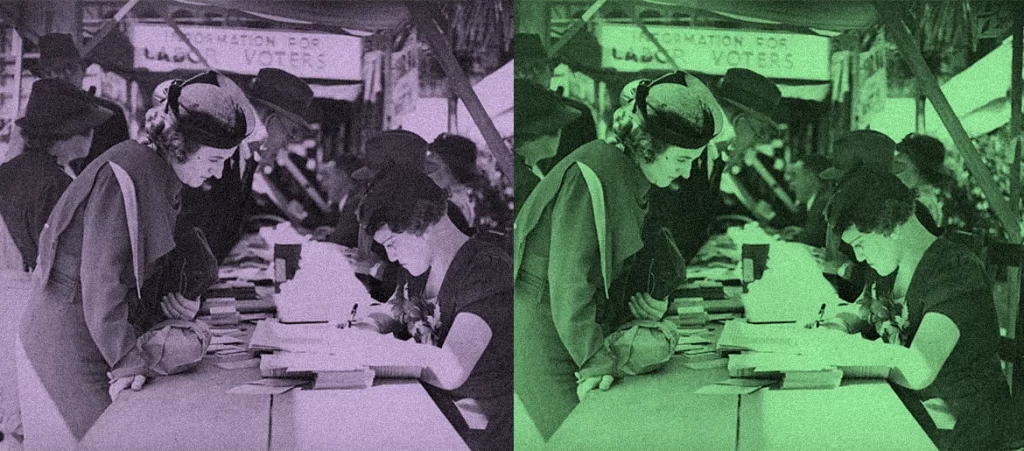
You voted in this election. Congrats! Regardless of the what the final result will be, and what the next Parliament looks like, there is still a lot to be angry about with the state of politics in Australia.
Are you angry about policy?
At the lack of change?
Now that you’ve voted, what will you do?
Where does all that anger go?
It’s the answer to the last question that I’m most interested in.
A study by Michelle Catanzaro found, through analysing young people’s placards at climate protests, that anger among young activists peaked in the lead-up to the 2022 Federal election and dropped by 15% after the election when Labor came into power. Anger only began to rise again when Labor governments demonstrated no interest in changing the Coalition government’s commitment to the fossil fuel industries.
Having been an organiser of these strikes and continuing to attend various protests since I was in high school, the most frustrating thing is watching low turnouts protest after protest and suddenly watching the rise during the election period or when we hit rock bottom and all we can smell is smoke in the air because of the blazing bush fires.
And I get it. Of course, our care and concern for political issues will ebb and flow. But there seems to be a misunderstanding that electoral politics is the key period, and every other period is less important.
A national campaign in the US, called Democracy Beyond Elections, sums up this sentiment perfectly: “It is not enough to get the right person elected or to know that those closest to the issues are closest to the solutions — we must act on this knowledge and put real decision-making power in community hands.”
The sad reality is that we have to continuously pressure our politicians to follow through with their bare minimum policies, because our government seems to take advantage of our periods of low engagement.
We saw this just last year when Labor backtracked on its election promise to reform environmental laws, or in 2022 when the Morrison Government failed to fulfil its promise to legislate an anti-corruption commission.
I think it’s also important to recognise that even during an election, a lot of people continue to disengage with politics. A month out from the election, polling by Essential Report found that 51% of 18 to 34-year-olds paid little or no attention to news, advertising, or updates about the 2025 Federal Election.
This level of engagement with politics seems consistent compared to non-election periods; in July 2024 53% of 18 to 34 year olds said they have little to no interest in politics.
However, with a bit of work, there can be a silver lining to this.
A study in Europe found that national elections can have an “activating effect” on youth political engagement. They support the idea of the socialising value of election participation and of late adolescence and young adulthood as a window of opportunity for reaching young voters during politicised times.
For that additional 2% of young voters who were more engaged in the lead-up to the election, we need to ensure that engagement is sustained and doesn’t simply drop off now that May 3 has come and gone.
It’s possible – the levels of engagement have already improved by almost 10%, as during the 2022 Federal Election 60% of young voters paid little to no attention. Whether that is because of social media and an increase in accessibility to politics or Gen Z is more engaged in politics, we are seeing change – it’s just about sustaining it.
So what’s next?
I’m not going to lie, I don’t have anything groundbreaking to say here other than: the anger you feel right now? Remember this feeling.
Join your local advocacy group on whatever issue you care about, write to your local MP, attend a protest, and volunteer. It doesn’t need to be a weekly thing; it can be once a month for an hour or two. It’s about making sure that you and those around you do what they can to stay engaged and continue pushing for the policies that are living rent-free in your mind.
Don’t let one date that happens every three years control how much power you exert, how much you push for change.
If you want change, your work cannot end on election day.
Once we know the results from this election, I know how I’ll personally feel: I’ll cheer if we get a minority government, I’ll breathe a sigh of relief if we get a Labor Government, and there will be some tears if we get a Coalition government (just like there were in 2019).
But ultimately, regardless of the result, the fact that we have work to do over the next three years remains unchanged.

Comments are closed.